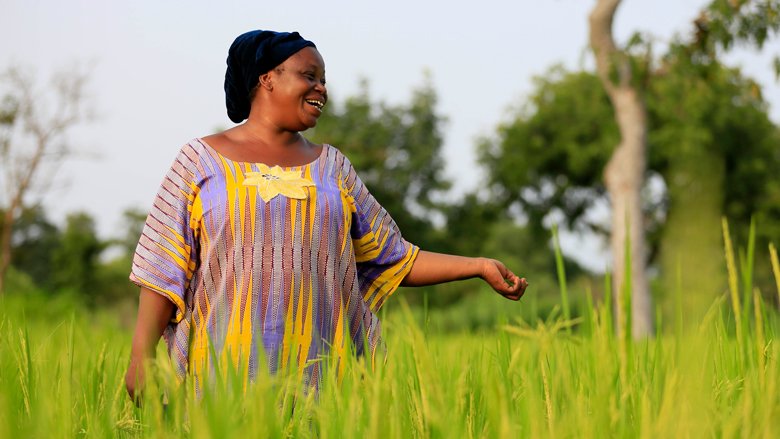Economic growth in Togo has accelerated to an average of 5.3 % over the 2010-2019 period, reflecting the easing of political tensions, increased public investment and an improved business climate. However, the growth performance has not significantly improved the standard of living of the population, which still faces limited access to basic services.
Agriculture provides two-thirds of the country's jobs, but labor productivity remains low on most farms. Improving agricultural productivity will be essential to accelerate structural transformation.
Togo faces difficulties in capitalizing on its urbanization. Cities are expanding, but per capita income is increasing only very slowly. For urbanization to realize its potential, it is important to connect people and places, facilitate access to finance, and modernize planning.
Economic prospects also depend on its ability to export goods and services within the region and to the rest of the world. Moreover, a resilient and inclusive recovery requires the thriving of small-scale cross border trade, which has been particularly hard hit by the current crisis and subsequent restrictions. Participation in global value chains offers the potential for more inclusive trade-led growth, sustainable jobs, higher incomes, and poverty reduction.
